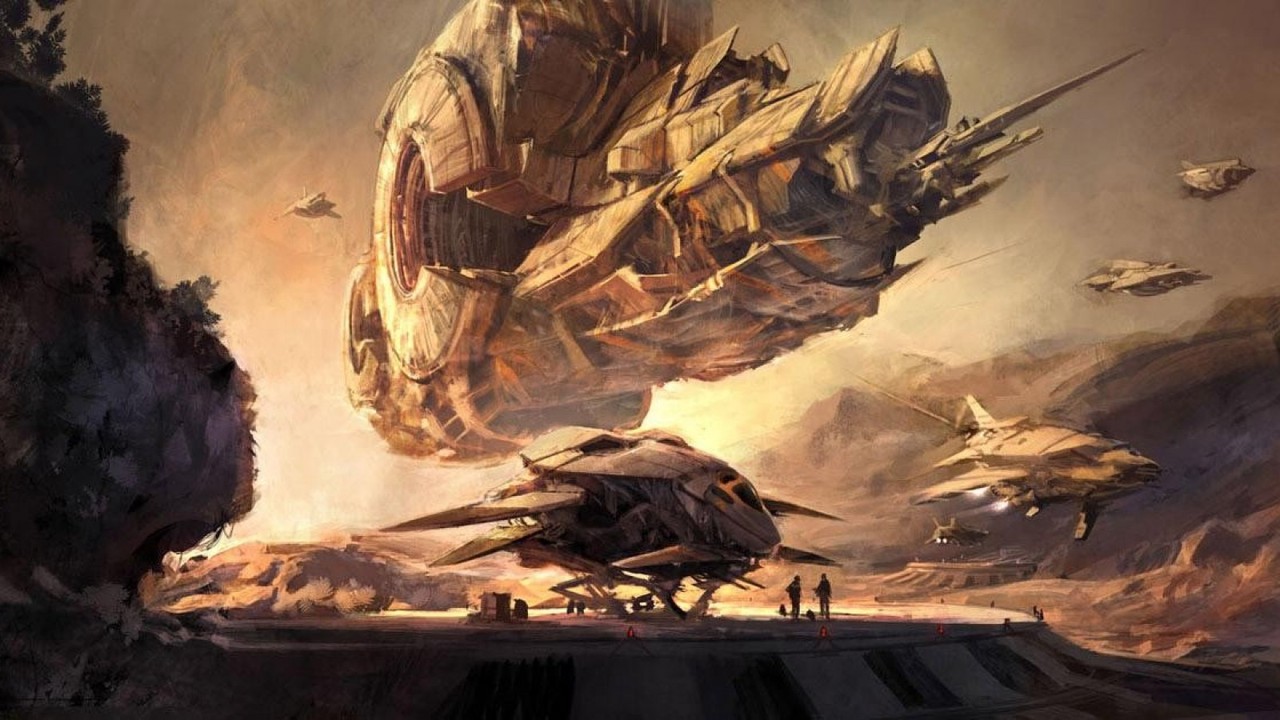Blizzard could potentially have lost over $50 million in canceling development of its MMO Titan after 7 years.
That’s according to a number of analysts speaking to Games Industry International who said that the staffing and resource costs involved in such a lengthy project would have been substantial.
Independent analyst Billy Pidgeon explained that such costs aren’t out of the ordinary when studios cancel large projects however, saying that such a move often has its upside. “Blizzard has cancelled several games in various stages of development in the past. Costs for unreleased games can be significant, but launching substandard games can harm the reputation of a successful publisher such as Blizzard. Expenses for development can be considered R&D, and benefits can include invaluable training, IP and technology that can be applied to other games,” he said.
Well-known games industry analyst Michael Pachter, however, said that he thought the figure was likely to be higher. “My guess is 100 - 200 people at $100,000 per year,” he told the site, “so $70 - 140 million sunk cost. It’s pretty sad that it took so long to figure out how bad the game was. I expect them to go back to the drawing board.”
For over a decade, rumors about Blizzard’s new MMO had escaped only as hushed whispers. The project, codenamed Titan, was almost mythological, with precious few details released about the game. All that was known for certain was that it wasn’t a sequel to the long-running World of Warcraft but would instead be a brand new IP Sadly Blizzard has sullied its hands with unicorn blood by announcing that it was canceling Titan’s development. Lord Voldemort would be proud.
Titan was rumored to be the heir to the World of Warcraft MMO legacy, however the industry is very different from when WoW was first released. The primary difference is player expectation. WoW represented a leap in MMO capability, allowing players to spend hours exploring the fictional world, completing quests and battling in raids. Blizzard could spend millions of dollars creating content for WoW, justifying this expense by requiring a subscription to play. Players were more than happy - or at least had few options otherwise - to pay-to-play. Then the advent of free-to-play games came.
Last month, Blizzard reported that WoW’s number of subscribers has steadily fallen to 6.8 million - just half the amount of subscribers that the game had back in 2010. Likewise, Star Wars: The Old Republic is struggling and hasn’t found a solid base since its own release. With many other gaming options players are less likely to pay a subscription fee and instead will just play their favorite free-to-play game.
Ironically, free-to-play games often make a lot of money and require less of a budget. Games like League of Legends and Blizzard’s own Hearthstone are wildly popular and successful. Players no longer have to spend money - though they still do - to get their gaming fix.
If players do choose to pay, it’s often because they have high expectations. MMO-esque games like Bungie’s recently-released Destiny and Respawn Entertainment’s Titanfall were engineered to meet such expectations, requiring no subscription but instead offering a steady drip of additional content over time in order to keep people playing and paying. Similarly, indie developer Cloud Imperium gained crowd funding by offering fans a single purchase package for their upcoming MMO Star Citizen.
In many cases, subscription-based MMO’s just aren’t creating the necessary revenues to justify creating the game. For Titan to follow in the footsteps of WoW it would have needed to exceed both the high industry, critical and player expectations following the astronomical success of World of Warcraft. Blizzard would have needed to pour exponential amount of money into a project that might not generate a justifiable amount of revenue or meet those high standards. Blizzard clearly agreed, and pulled the plug.
Activision Blizzard saw its share price drop sharply following the announcement. However, with such massive franchises as Call of Duty under its belt, and with World of Warcraft still generating upwards of $50m revenue per month in subscription fees alone, the publisher can afford to take the hit in the short term. Activision Blizzard has a market cap of $15.3 million, so while canceling Titan might give them a black eye, it isn’t a knockout. Blizzard also enjoys a dedicated fanbase and has a history of creating dialogue with gamers. They realize that with Titan being canceled there is a void to fill and they probably know just how to fill it. All eyes will be on the developers’ annual Blizzcon convention next month, in the hope that they show any unannounced projects that they have up their sleeve.




